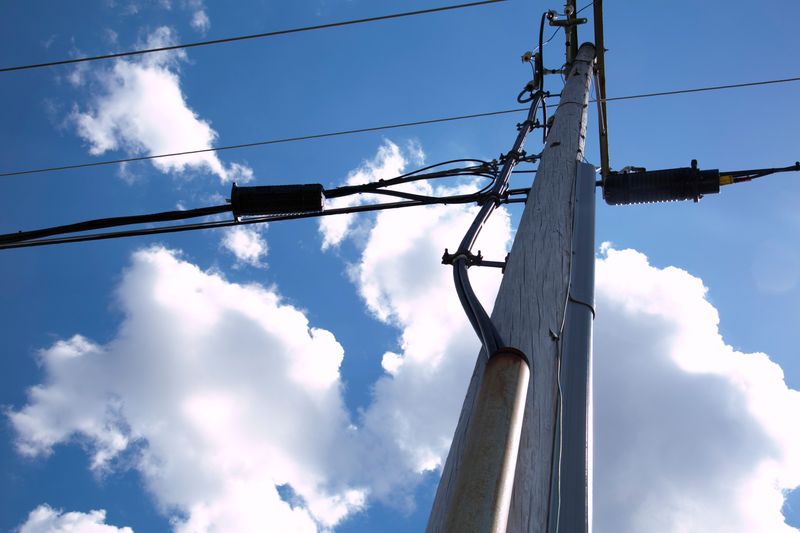By David Lawder and David Shepardson
WASHINGTON (Reuters) - The U.S. Treasury on Tuesday announced the first state awards from a $10 billion COVID-19 aid program aimed at boosting broadband internet access in underserved communities, funding $583 million worth of projects in Virginia, West Virginia, Louisiana and New Hampshire.
The Coronavirus Capital Projects Fund, a relatively unheralded portion of President Joe Biden's $1.9 trillion American Rescue Plan Act, provides money for broadband infrastructure and other projects that enable work, education and healthcare monitoring.
The program differs from a separate, $65 billion initiative funded through the 2021 $1.2 trillion infrastructure law to boost access to the internet.
"In the next three years there should not be any excuse while virtually every home in America, north of 98%, shouldn't have full high-speed broadband connectivity at an affordable rate," Democratic Senator Mark Warner told reporters. "We just have to make sure we implement it well."
Treasury said initial state plans approved were the first viable ones submitted and are designed to deliver reliable internet service that can meet or exceed speeds "needed for a household with multiple users to simultaneously access the internet."
Virginia will receive $219.8 million to expand "last mile" broadband access to 76,873 locations, Treasury said. West Virginia was approved for $136.3 million to connect 20,000 locations, including difficult-to-reach areas, while Louisiana was approved for $176.7 million to connect 88,500 homes and businesses - some 25% of state locations lacking high speed internet access.
New Hampshire will receive $50 million to serve 15,000 homes and businesses in rural areas, about 50% of locations that the state estimates lack access to high-speed internet. Treasury separately awarded a total of $6 million to more than 30 tribal governments to enhance internet connectivity.
Congress last year approved $42.5 billion for Commerce Department grants to expand physical broadband deployment and $14.2 billion for FCC vouchers for low-income families to use toward internet service plans. More than 12.2 million households are taking part.
